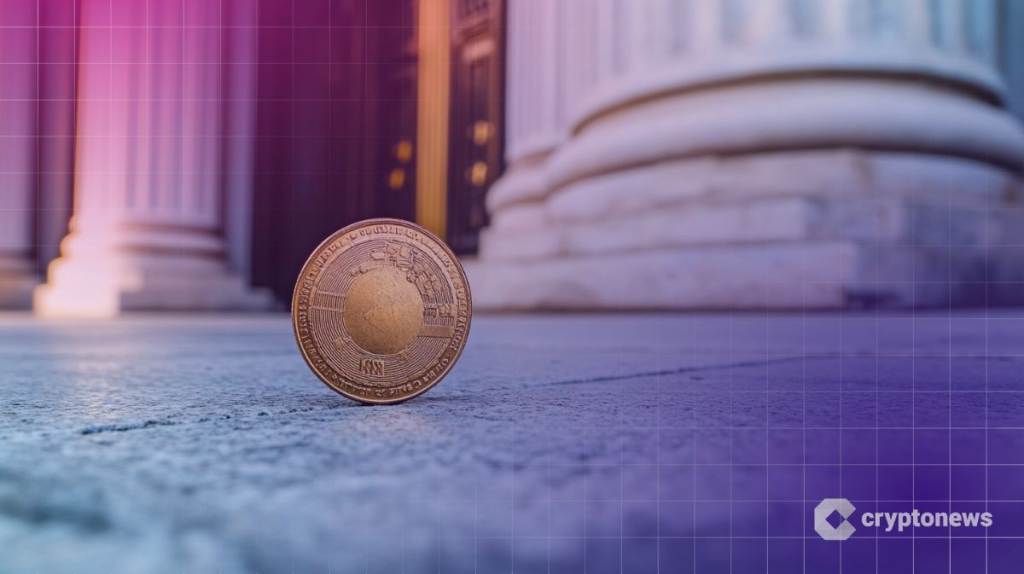The Bank of Korea (BOK) has stepped into the contentious debate over stablecoins, asserting its claim to be the final authority on the issuance of any coin pegged to the South Korean won. As the country gears up for presidential elections next month, stablecoins have emerged as a significant topic of discussion, with local media describing the issue as a “political hot potato.”
According to Aju Kyungjae, BOK officials have expressed that the central bank must hold the legal prerogative to endorse proposals for a KRW-targeted stablecoin. Koh Kyung-chul, who leads the BOK’s electronic finance division, elaborated on the potential ramifications of stablecoins on central banking policies. He noted that stablecoins could substantially impact monetary policy, financial stability, and the efficiency of payments and settlements.
Koh emphasized the importance of BOK’s involvement from the initial stages of stablecoin development to mitigate any adverse effects on central bank policies. He asserted that legislative input should also come from the central bank if lawmakers pursue regulations related to stablecoins, stating that “designing legislation that governs stablecoins is crucial for cultivating a sustainable digital payment ecosystem.”
Concerns have been raised at the BOK regarding the possible threat a won-pegged stablecoin could pose to traditional currency demand, which may lead to significant implications for monetary policy. Bank officials noted the existing trend of US dollar-pegged stablecoins, such as Tether (USDT), being utilized in cross-border transactions, thereby highlighting the necessity for careful oversight.
In a recent report on payments and settlements, the BOK reiterated its stance on stablecoins, warning that they could infringe upon monetary sovereignty and diminish the effectiveness of monetary policy. A thorough review of such digital currencies is deemed essential before any approval is granted. In a subsequent warning, BOK Governor Lee Chang-yong expressed concerns that stablecoins could potentially circumvent South Korean capital and foreign exchange regulations, calling for urgent regulatory measures.
Despite these warnings, Lee Jae-myung, the Democratic Party candidate and current frontrunner for the presidency, has advocated for the establishment of a won-denominated stablecoin market. He argued that South Korea must swiftly enter this arena to avoid the “outflow of national wealth.”
Lee Jae-myung’s proposals sparked criticism from Lee Jun-seok, a candidate from the Reform Party, who labeled these plans as “dangerous and experimental.” He further accused the Democratic Party frontrunner of disregarding lessons from the severe collapse of the Terra ecosystem and its KRW-pegged stablecoin in May 2022.
Lee Jun-seok dismissed Lee Jae-myung’s statements as lacking substance, asserting that his opponent was discussing stablecoins without a robust understanding of the financial market. However, several supporters of Lee Jae-myung came to his defense, contending that Lee Jun-seok was not adequately versed in fundamental global financial regulations.
If elected on June 3, Lee Jae-myung could find his administration in conflict with the BOK. Recently, Democratic Party lawmaker Min Byung-deok introduced a private member’s bill, the Digital Asset Basic Act, which proposes that regulatory authority over stablecoin issuance should reside with the Financial Services Commission rather than the BOK.


























